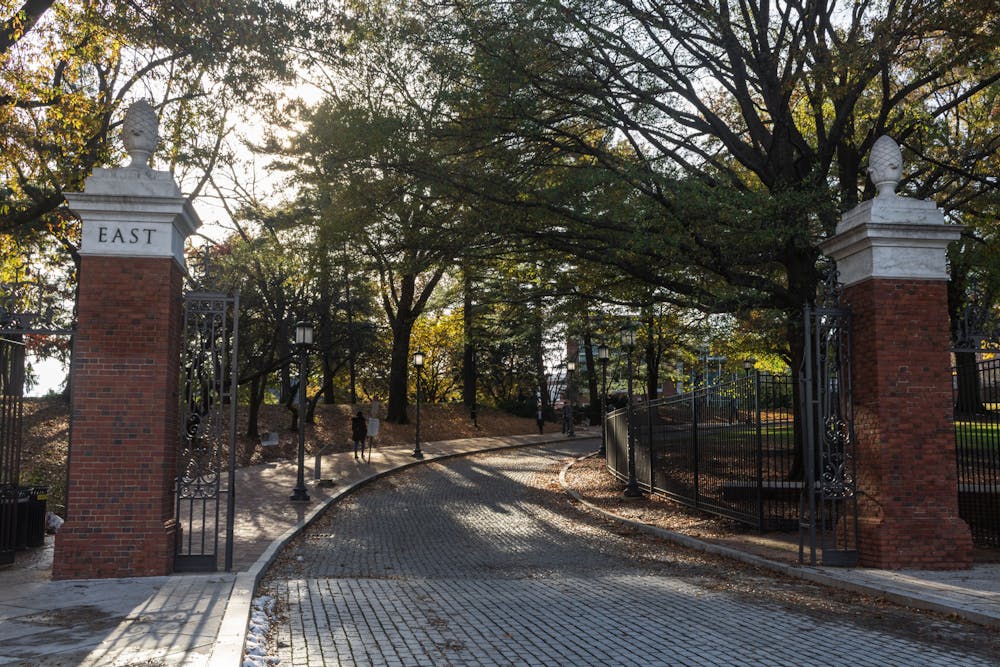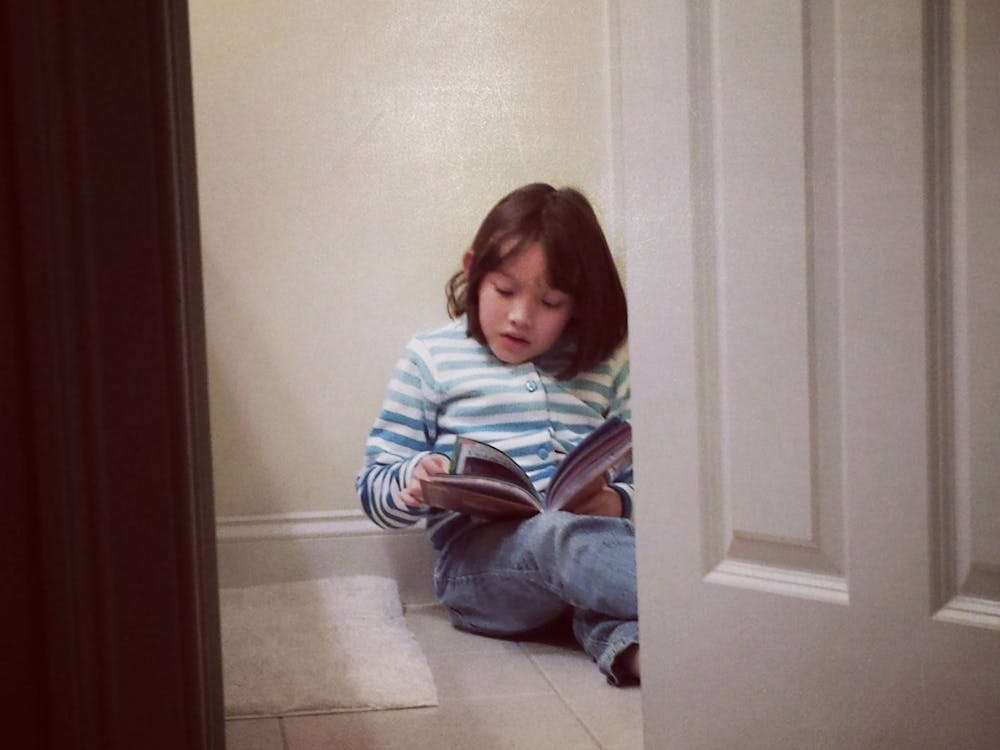
I’m a graduate student in Engineering for Professionals (EP) at the Whiting School of Engineering. A previous article described how a Hopkins math professor discriminated against me, horribly, as a disabled person. The summer after that class, I reached out to Student Disability Services (SDS) for help.
I’d reached out to SDS in the past and hadn’t been impressed, but the department had recently hired a new executive director. She was unwilling to help me appeal the grade from the previous math class, but she indicated she would prevent similar problems in the future.
Initially, she wanted me to drive into Baltimore in the middle of the day to meet in person. She didn’t seem to understand that I work full-time; this would mean three hours out of my workday. Then she wanted to speak with me on the phone. At this point, she already knew I’m hard of hearing. Finally, she agreed to Google Chat, but she canceled at the last minute. Overall, it didn’t feel like effective outreach.
My first day in class at the Applied Physics Lab, the Software professor referred several times to the unobtrusive Bluetooth microphone that streams audio into my hearing aids. I mostly pass as non-disabled, but he made it clear to everyone present that I’m hard of hearing.
In the hall during break, I asked him to not discuss my disabilities in front of the class. I said that I thought it was against federal law.
He disagreed immediately and with great anger. Screamed that he had every right to discuss my disability and accommodations in class as much as he liked. Screamed that I was violating his freedom of speech in the classroom. He got in my face, inches away, screaming.
I asked him to take three steps back because he was scaring me. He refused. I maneuvered so there was a table between us and scanned the exits in case I had to run.
I told him it was the same in the classroom as in the workplace; you couldn’t out someone as disabled in the workplace without their consent. Screaming, he disagreed. The classroom next to ours was also full of students, who were turned around, watching.
At that moment, a Hopkins professor told around 50 students that I’m disabled. He taught them that we’re valid objects of condescension and anger, both at school and work.
People in my classes often work locally in my field, so he arguably outed me in my workplace, too. I’m only writing this because I feel my Hopkins professors have already outed me to a chunk of my entire world. I’m writing to warn other disabled people: Hopkins won’t necessarily protect you, because it hasn’t protected me.
I have mixed feelings about the snarky email I sent to the SDS executive director. I told her that if she couldn’t do her f#@king job, she should quit.
I’m a little angry with myself because, in that email, I let a person whom I believe is incompetent and uncaring get under my skin. Because like hyperbole, snark trivializes danger and violation. Snark gives enablers a pass.
Her response seemed more interested in describing everything she’d done right — more upset that I’d cursed in an email than that a professor had allegedly broken privacy law and been physically threatening.
I saw how little regard SDS can have for the disabled. For that hard lesson, I’m grateful.
I urge disabled students at Hopkins to learn from my story. Make alliances within your department. Adopt a buddy system, where every crucial conversation a student has about accommodations has another disabled student (or abled ally) as a witness. Maybe an Instagram showing the professors and administrators to avoid. Tell each other your stories. Because kids, there’s little stopping Hopkins from giving you hell for being disabled in the classroom.
The rest of the semester I sat quietly in class, smiled, laughed at the professor’s jokes. Participated in discussion as much as my peers. I beamed appreciatively when he bragged about his accomplishments. I made polite small talk in the hall.
I should have gotten a lawyer. Called local politicians. Sat in the Provost’s office until they agreed to see me. That evening my professor acted threatening, I should have called the Howard County Police.
Instead, I sat there like a person with no self-worth.
A chunk of our grade was based on a group project. I did join a group, but it was awkward. The damage was done.
Three weeks before the end of the semester, we had a guest lecturer via Zoom. Between my poor Zoom lip-reading and other factors, I simply couldn’t understand him. But the topic seemed central to our class.
One of my approved accommodations is that all audio be transcribed, but the professor didn’t submit the Zoom recording for transcription. Finally, I contacted the SDS executive director; she contacted him and got him to submit the audio. The audio transcript arrived six days before the final, but the SDS executive director told me he’d said that material wouldn’t be on the final. So I only glanced through it.
But the topic of that lecture was on the exam — around 15% of our exam grade. And later on I found I’d received 6/10 on class participation. I believe this was retaliation.
I told the SDS executive director, who said I should contact the Americans with Disabilities Act (ADA) officer. At the time, however, he seemed to essentially be her deputy.
I’d made greater than a C in the course, felt I’d probably never see the professor again, and dealing with SDS seemed, at best, a waste of my time. At its worst, I found working with SDS deeply disorienting. Due to its involvement, I suffered all the things it vowed to protect me from.
Laurel Maury is a graduate student in Engineering in the Whiting School’s Engineering for Professionals (EP) program, with a concentration in Computer Science. Her column discusses life as a disabled person at JHU and in the greater world.





